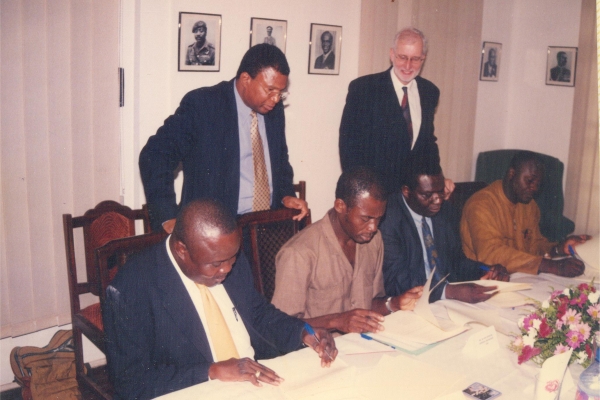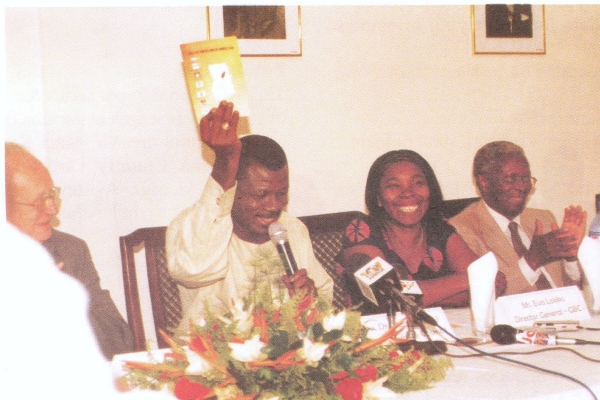Since its founding, the Institute has served to create an independent platform where pertinent policy issues are discussed in a non-partisan manner. This has helped broker consensus among key stakeholders and has led to key policy reforms in Ghana. To crystallize the benefits emanating from that approach, The IEA in 2003 commenced the IEA/Ghana Political Parties Programme (GPPP), which brings together leaders of parliamentary political parties to identify policy issues confronting the country and to discuss and reach consensus on these issues.

It is important to note that the Presidential Transition Act (Act 845) is an outcome of this initiative. Likewise the Revised Political Parties Bill (2007) and the Public Funding of Political Parties Bill (2007) are outcomes of the IEA/Ghana Political Parties Programme. Another key outcome of this initiative is the Political Parties Code of Conduct, 2004, 2008 and 2012 that guides the conduct of party officials and their apparatchiks before, during and after elections. Indeed, the Code has contributed immensely to Ghana’s electoral peace.

The Programme has not only sought to facilitate consensus among different parties but also minimized the political polarization and acrimony that existed among party leaders in the country.